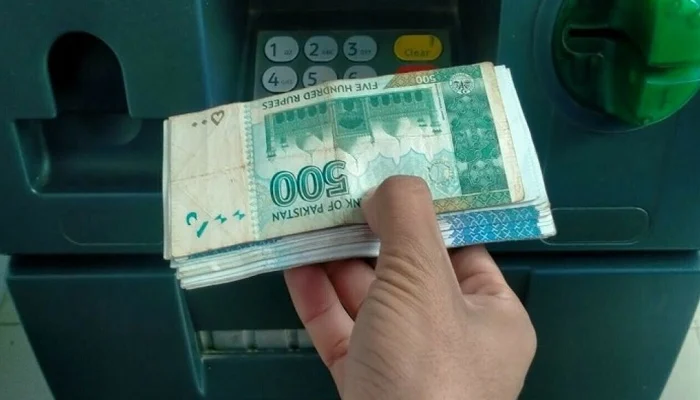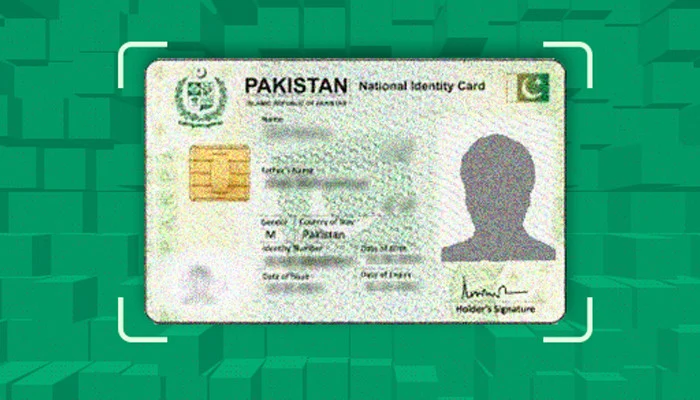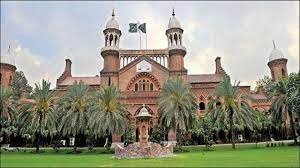In a bid to bolster revenue collection and alleviate poverty, the World Bank has recommended imposing taxes on individuals earning less than 50,000 rupees per month. This proposal, put forth by the World Bank, suggests bringing traders into the tax net, lowering the threshold for tax-free income, and simplifying the structure of personal income taxes.
According to the World Bank’s proposal, individuals with a monthly income of 500,000 rupees or less would be subjected to a 35% tax rate. This move aims to broaden the tax base and increase the government’s revenue, which is crucial for funding essential public services and poverty alleviation programs.
However, the World Bank has also highlighted the inadequacy of the existing budget for the Ehsaas Income Support Program, a flagship poverty alleviation initiative in Pakistan. The organization stressed the need for substantial financial resources to effectively combat poverty and promote social welfare.
Furthermore, the World Bank has advised the federal government to avoid expenditures in areas falling under provincial jurisdictions. It has recommended revisiting the 7th National Finance Commission Award and reassessing the financing mechanism between federal and provincial authorities. Additionally, the World Bank emphasized the importance of conducting a thorough review of both federal and provincial financial domains and formulating a comprehensive financing strategy.
In the agricultural sector, the World Bank has suggested levying taxes on landowners with plots larger than 12 acres. Additionally, the organization emphasized the need for proper planning and evaluations before initiating developmental projects in agriculture. This approach ensures that investments in agricultural projects are well-informed and lead to sustainable growth.
The World Bank’s proposals are geared towards enhancing Pakistan’s fiscal sustainability, promoting social welfare, and addressing the challenges posed by poverty. While taxation reforms are essential for increasing government revenue, it is equally crucial to ensure that these reforms do not disproportionately burden low-income individuals and vulnerable communities. Striking a balance between revenue generation and social equity is key to Pakistan’s economic development and poverty alleviation efforts. The government, in collaboration with international organizations like the World Bank, must work diligently to create policies that promote economic growth while safeguarding the welfare of its citizens, especially those living in poverty.



